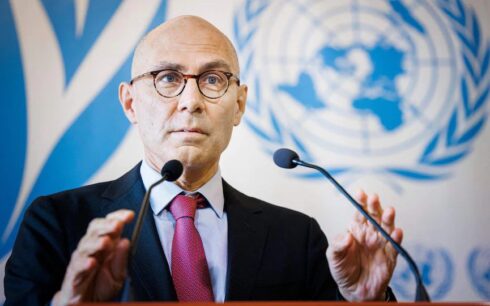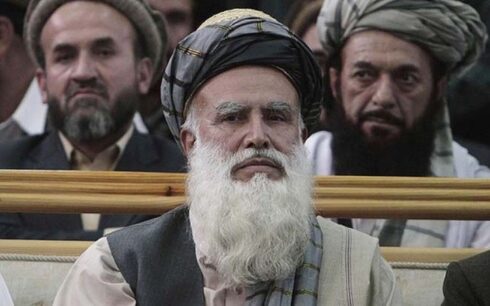The UN envoy for Afghanistan reiterated on Wednesday her call for the Taliban to lift its severe restrictions on women and girls, highlighting violations of their human rights and warning of the prolonged damage these restrictions could cause.
In a Security Council briefing, Roza Otunbayeva, the Special Representative of the Secretary-General (SRSG), reported the recent arbitrary arrests of Afghan women for alleged violations of the Islamic dress code, creating widespread fear among women, many of whom are now apprehensive about public movement. “The denial of women’s and girls’ access to education and work, and their removal from public life, have inflicted immense harm to their mental and physical health, and livelihoods,” Otunbayeva said.
Doha Discussions Recap
Otunbayeva recalled the second meeting of national and regional special envoys for Afghanistan held in Doha on February 18 and 19. Although the de facto authorities abstained from attending, they expressed approval of the Secretary-General’s call for deeper consultations. “Their absence was not a rejection of their expressed interest in engaging with the international community but reflected their concern over not being treated as a full stakeholder in Afghanistan discussions,” Otunbayeva explained, emphasizing the demand for genuine consultations.
Concerning Trends
Heading the UN Assistance Mission in Afghanistan (UNAMA), Otunbayeva expressed concern over “numerous negative trends,” including the suppression of women and girls, public violence displays, lack of inclusive governance, and minority marginalization. “While security has improved since the Taliban takeover, it has been at an enormous cost,” she noted.
A Continuous Challenge
Afghanistan remains a significant challenge for the international community, Otunbayeva pointed out, referencing the country’s history of instability, terrorism, and being a major contributor to global opium production. Despite the relative stability and efforts by the Taliban to reduce opium cultivation and combat Daesh, she stressed that without addressing the broader issues, these achievements fall short of ensuring long-term stability.





